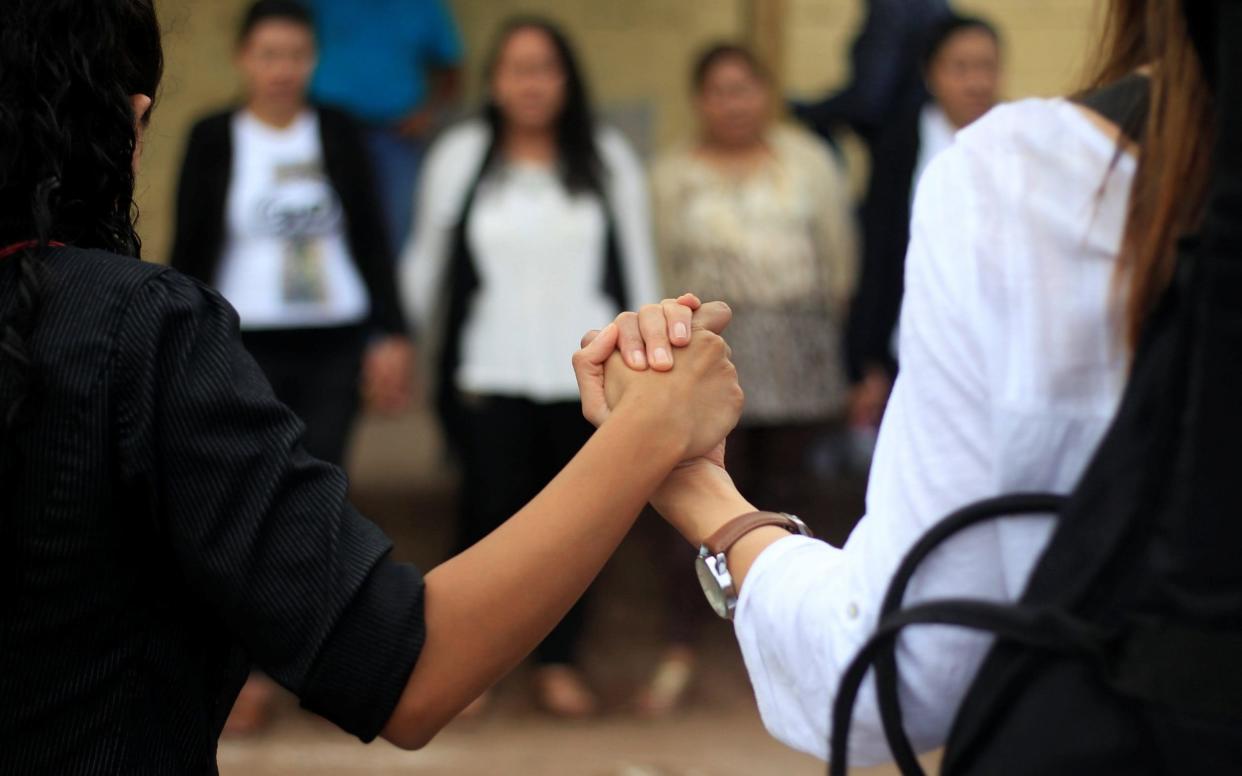Atheists are more likely to be left handed, study finds

Left-handed people are more likely to be atheists, a study has found, as it says belief is passed on genetically.
The study suggests that religious people have fewer genetic mutations and are therefore less likely to be left handed or have conditions such as autism or schizophrenia.
British academic Edward Dutton, a professor at Oulu University, Finland, said that in pre-industrial times religiosity was passed on like other genetic attributes because it was associated with greater stability, mental health and better social behaviour.
But modern science means many people who would not previously have survived are making it to adulthood and reproducing - leading to a greater incidence of atheism.
Lack of belief in God is connected to genetic mutations which cause attributes such as left-handedness or autism, the paper argues.
Religious people in Western societies—religious in the sense that complex societies were before the Industrial Revolution—are a remnant, selected population that likely would have survived in preindustrial conditions.
The phenomenon is also behind a rise in belief in the paranormal, the study says, with 52 per cent of British people saying in 2013 that they believed in the supernatural, up from 40 per cent in 2005.
Modern religious people were likely to be descended from those who were highly religious in pre-industrial times according to the paper, which is published in the journal Evolutionary Psychological Science.
"Religious people in Western societies—religious in the sense that complex societies were before the Industrial Revolution—are a remnant, selected population that likely would have survived in preindustrial conditions.
"By contrast, atheists and believers in the paranormal would, disproportionately, never have reached adulthood or never have been born, because these beliefs, though very different, are partly an expression of the breakdown of selection and thus of rising mutational load," the study says.
The research was carried out by identifying people who were either left handed or had autism or schizophrenia and examining whether they were more or less likely to be religious.
It found that there was a "weak but significant" association between left-handedness and being non-religious, and a stronger one between autism and being non-religious.
Studies have previously established that around 40 per cent of someone's religiousness is determined genetically.


